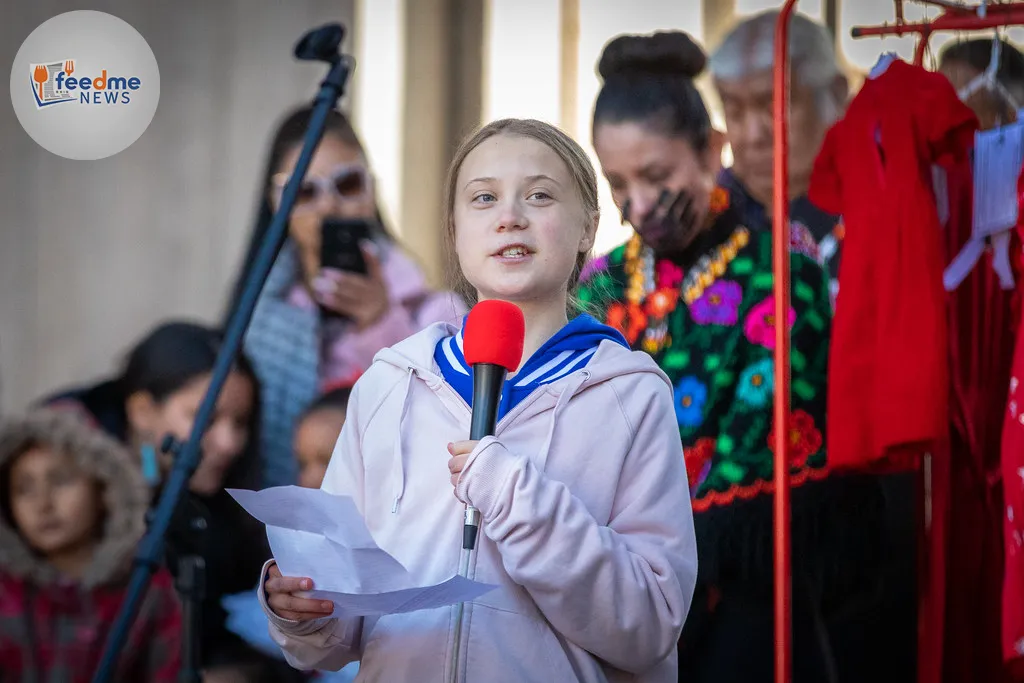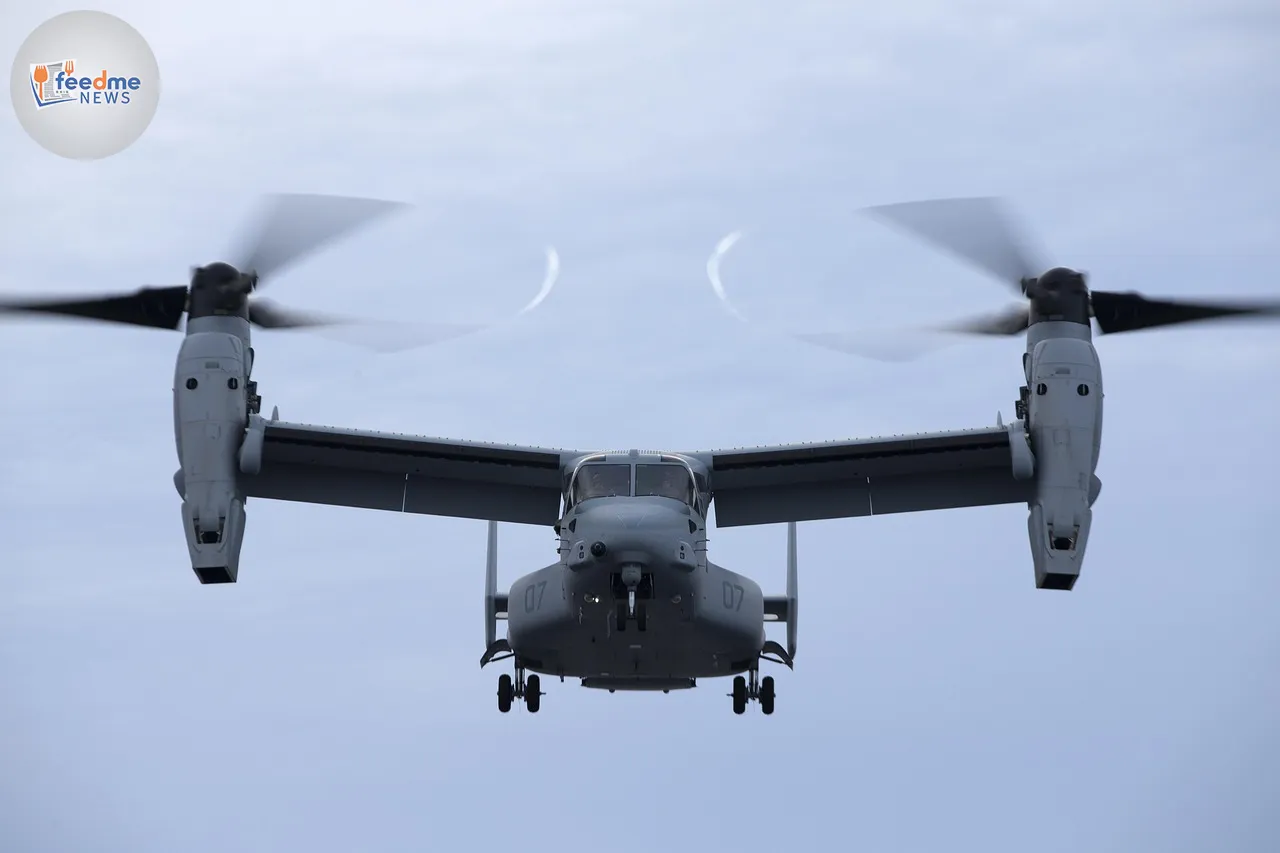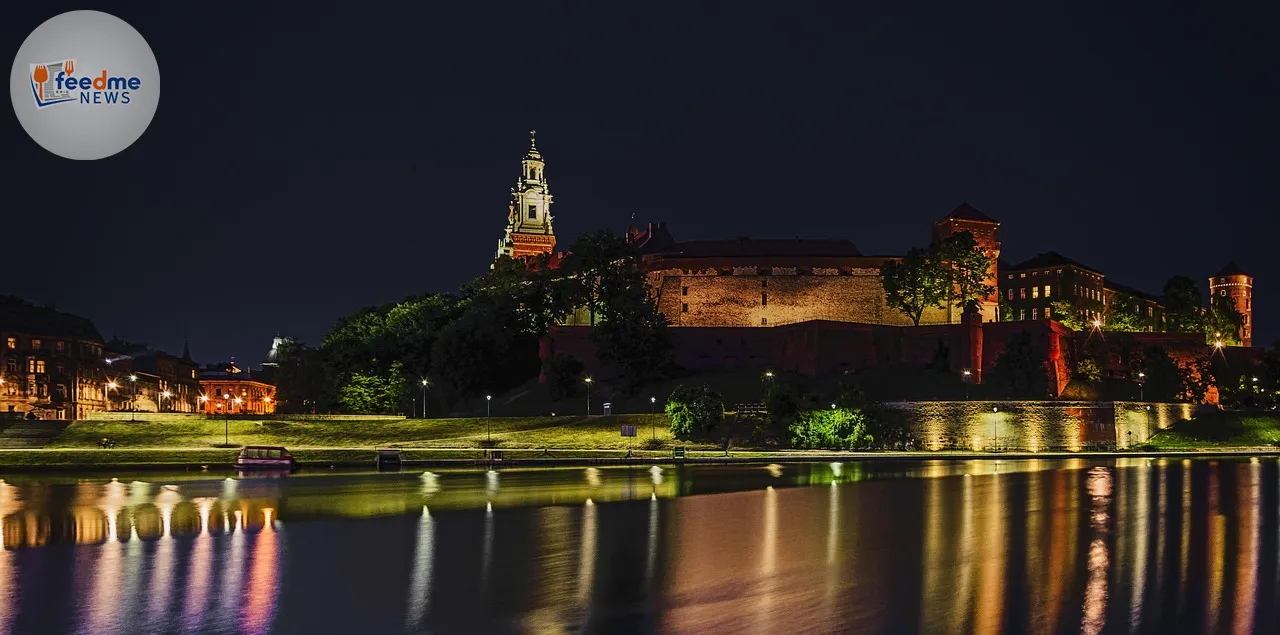Israeli naval forces intercepted a flotilla carrying hundreds of pro-Palestinian activists, including climate activist Greta Thunberg, 120 kilometres off the Gaza coast. The interception, which occurred on Thursday, has sparked international controversy and a wave of diplomatic repercussions. The flotilla, dubbed the Global Sumud Flotilla, was part of an effort to break Israel’s long-standing blockade of Gaza. The incident has drawn widespread condemnation from human rights organisations and sparked protests across Europe and the Middle East.
The flotilla, consisting of more than a dozen vessels, was carrying around 500 activists from various countries, including the UK, Sweden, and the United States. The Israeli foreign ministry released a video showing Thunberg’s arrest, which has since gone viral, fuelling further outrage. Amnesty International UK has called on British Prime Minister Keir Starmer to publicly denounce the interception, citing the involvement of British citizens and British-flagged ships.

Timing and Location of the Interception
The interception took place early on Thursday morning, approximately 75 miles off the coast of Gaza, in international waters. The Israeli military stated that the operation was conducted to enforce the blockade, which they argue is necessary for security reasons. The flotilla had departed from a European port earlier in the week, aiming to deliver humanitarian aid and draw attention to the humanitarian crisis in Gaza.
The timing of the interception is particularly sensitive, occurring amid heightened tensions in the Middle East. The ongoing conflict in the region has already put a strain on international relations, and this latest incident is likely to exacerbate the situation further. The Israeli government has defended its actions, stating that the blockade is a legal measure to prevent arms smuggling to Hamas, which controls Gaza.
International Reactions and Diplomatic Fallout
The interception has prompted a swift response from international leaders and organisations. In the UK, Amnesty International has urged Prime Minister Keir Starmer to take a stand against the Israeli actions. Kerry Moscogiuri, Amnesty International UK’s director of communications, described the interception as a “shameful chapter” in the enforcement of what they call Israel’s “illegal and immoral” blockade of Gaza.
The incident has also led to diplomatic expulsions and calls for strikes in several countries. In Sweden, where Greta Thunberg hails from, protests have erupted outside the Israeli embassy, with demonstrators demanding her immediate release and an end to the blockade. The Swedish government has summoned the Israeli ambassador for an explanation and expressed deep concern over the treatment of its citizens.
Humanitarian Concerns and Blockade Criticism
Humanitarian organisations have long criticised the blockade of Gaza, arguing that it exacerbates the already dire living conditions for the 2 million people residing there. The blockade, which has been in place for 18 years, restricts the movement of goods and people in and out of the territory, leading to shortages of essential supplies and crippling the local economy.
The Global Sumud Flotilla aimed to deliver much-needed medical supplies, food, and other humanitarian aid to Gaza. Organisers of the flotilla have stated that their mission is not only about delivering aid but also about raising awareness of the humanitarian crisis and pressuring the international community to take action against the blockade.
Legal and Ethical Implications
The interception of the flotilla raises significant legal and ethical questions. International law experts have pointed out that while Israel has the right to enforce a blockade, intercepting vessels in international waters is a contentious issue. Critics argue that such actions violate international maritime law and the principles of freedom of navigation.
The arrest of Greta Thunberg and other activists has further intensified the debate, with many arguing that peaceful protest and humanitarian efforts should not be met with military force. The Israeli government, however, maintains that the blockade is a necessary security measure and that the flotilla posed a potential threat.
Future Implications and Potential Resolutions
The interception of the Gaza aid flotilla is likely to have lasting implications for the region and international relations. The incident has already strained diplomatic ties between Israel and several countries, and it remains to be seen how these tensions will be resolved. Human rights organisations and activists are calling for increased international pressure on Israel to lift the blockade and allow humanitarian aid to reach Gaza.
As the situation unfolds, the international community faces a critical juncture in addressing the humanitarian crisis in Gaza and the broader Middle East conflict. The challenge lies in balancing security concerns with the urgent need for humanitarian assistance and the protection of human rights. The coming weeks will be crucial in determining the future of the blockade and the prospects for peace and stability in the region.






